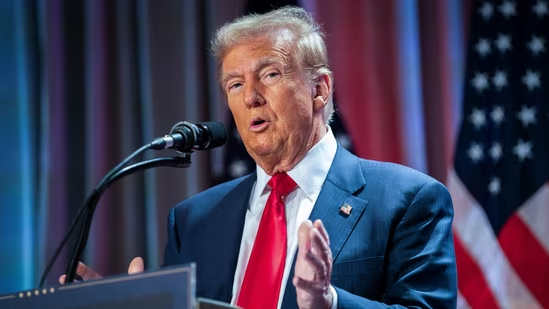Frequently Searched Questions Answered
- Why ban TikTok? The U.S. government believes TikTok’s Chinese ownership poses risks related to data security and potential content manipulation.
- When is the TikTok ban set to take effect? January 19, 2025.
- Is TikTok getting banned in the U.S.? The Supreme Court’s decision will determine whether the ban proceeds.
- Did the Senate pass the TikTok ban bill? Yes, the law was passed with bipartisan support and signed by President Biden.
National Security vs. Free Speech
At the heart of the case are conflicting priorities: the government’s concern over national security and TikTok’s argument for First Amendment protections. The U.S. government contends that TikTok’s Chinese ownership could enable the Chinese government to access sensitive data on American users, potentially facilitating espionage or manipulating content. Lawmakers emphasize that the law is essential to safeguard American freedoms from foreign adversaries.
TikTok, however, argues that the government’s concerns are speculative and lack concrete evidence. The platform asserts that banning the app would infringe upon the First Amendment rights of millions of American users, who rely on TikTok for communication, creativity, and business. “This is not just about TikTok; it’s about protecting the digital public square,” a TikTok spokesperson stated.
Legal and Political Context
The law in question was passed with overwhelming bipartisan support and signed by President Joe Biden, reflecting widespread unease about foreign influence in American digital spaces. A federal appeals court previously upheld the law, citing its aim to protect national interests.
TikTok’s legal team has framed the issue as a pivotal moment for digital freedom. “If this law stands, it sets a dangerous precedent for the government to ban other platforms under similar pretexts,” a company attorney argued during oral arguments.
Implications of the Decision
If the Supreme Court upholds the law, TikTok would be effectively barred from operating in the U.S., as app stores and web-hosting services would be required to remove it. Such a move would have significant implications for the platform’s 150 million U.S.-based users, as well as for broader debates about the intersection of national security and free speech.
The ruling could also establish a framework for how the U.S. government regulates foreign-owned technology in the future. “This decision could reshape the digital landscape,” said a technology policy expert. “It’s a litmus test for how we balance security concerns with individual freedoms in the digital age.”
Historical and Global Context
This case is not occurring in a vacuum. The U.S. has previously scrutinized Chinese technology companies, including Huawei and ZTE, citing similar security concerns. Globally, TikTok has faced regulatory challenges in countries like India, where it has been banned since 2020. The outcome of this case could influence other nations grappling with similar dilemmas.
What Happens Next?
The Supreme Court’s decision is expected shortly after today’s oral arguments. If TikTok is banned, users and creators will face the daunting task of migrating to alternative platforms, while policymakers may need to contend with the broader repercussions of their decision.


